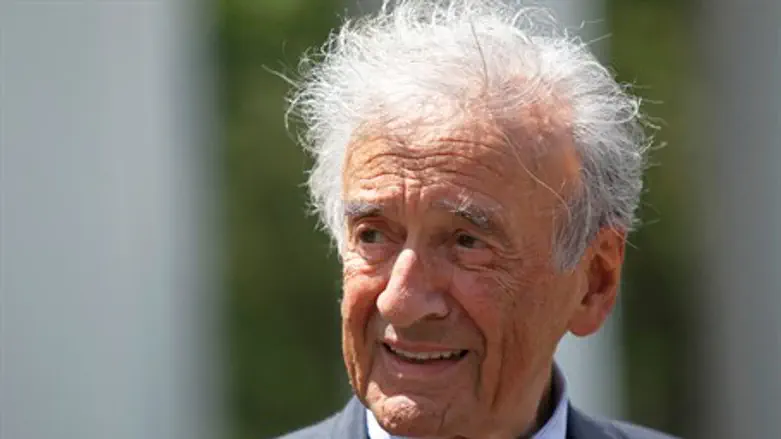
Holocaust survivor and Nobel peace laureate Elie Wiesel, whose memoir "Night" detailed his experience in the Auschwitz concentration camp, died Saturday at 87.
He was known for his profound work that gave voice to the memory of the Jewish people, and particularly the horrors of the Holocaust.
US Secretary of State John Kerry said Wiesel's "words carried the weight of experience that could not and must not be forgotten - an experience we each are called upon to prevent in our own time."
UN Secretary General Ban Ki-moon said Wiesel had turned "the nightmare of his youth into a lifelong campaign for global equality and peace."
Ban added: "The world has lost one of its most important witnesses - and one of its most eloquent advocates of tolerance and peace."
Here, then, are some of his most memorable quotes and samples of writing.
"No one is as capable of gratitude as one who has emerged from the kingdom of night." (Nobel peace prize acceptance speech, 1986)
"We must always take sides. Neutrality helps the oppressor, never the victim. Silence encourages the tormentor, never the tormented." (Nobel peace prize acceptance speech, 1986)
"To forget the dead would be akin to killing them a second time." ("Night," 1960)
"The opposite of love is not hate, it's indifference. The opposite of beauty is not ugliness, it's indifference. The opposite of faith is not heresy, it's indifference. And the opposite of life is not death, but indifference between life and death."(Interview with US media, 1986)
"No human race is superior; no religious faith is inferior. All collective judgments are wrong. Only racists make them." (Interview with Parade Magazine, 1992)
"Friendship marks a life even more deeply than love. Love risks degenerating into obsession, friendship is never anything but sharing." ("The Gates of the Forest," 1966)
"To forget the victims means to kill them a second time. So I couldn't prevent the first death. I surely must be capable of saving them from a second death." (Interview with National Public Radio, 2012)
"For the dead and the living, we must bear witness." Wiesel's words etched in stone at the entrance of the U.S. Holocaust Memorial Museum in Washington, D.C.
AFP contributed to this report.